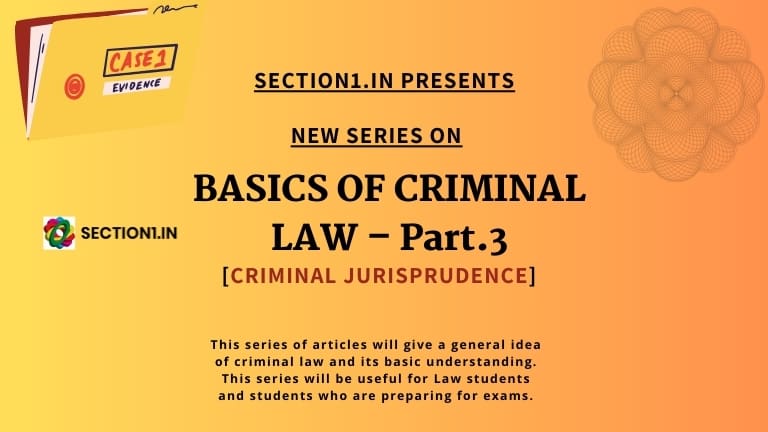Introduction
Criminal law is a complex and intricate legal system that governs the behavior of individuals in society. It is designed to protect the rights and safety of citizens, as well as to punish those who break the law. If you’re new to criminal law, it can be overwhelming to navigate. In this article, we’ll provide you with some basic information on criminal law that will help you understand the fundamentals of this legal field.
1. What is criminal law?
Criminal law is a branch of law that deals with crimes committed by individuals against society or other individuals. It is enforced by the government through police, prosecutors, and courts. The primary goal of criminal law is to protect the rights and safety of citizens, deter crime, and punish those who break the law.
2. Types of crimes
Crimes are classified into two categories: felonies and misdemeanors. Felonies are more serious crimes that carry a sentence of one year or more in prison, while misdemeanors are less serious crimes that carry a sentence of less than one year in jail or fines. Some examples of felonies include murder, rape, and robbery, while examples of misdemeanors include shoplifting, disorderly conduct, and DUI (driving under the influence).
3. Elements of a crime
For a crime to be committed, several elements must be present. These elements include:
a) Actus reus: This refers to the physical act committed by the accused. For example, in a theft case, the actus reus would be taking someone else’s property without their consent.
b) Mens rea: This refers to the mental state or intent of the accused at the time of the crime. For example, in a murder case, mens rea would be the intent to kill or cause serious bodily harm. Kindly note that there is no bad intention or ill will but just intention.
c) Concurrence: This refers to the timing between actus reus and mens rea. Both elements must occur at the same time for a crime to be committed.
4. Criminal procedure
Criminal procedure refers to the legal process that follows when someone is accused of a crime. The process typically begins with an arrest by law enforcement officers, followed by an investigation and charging by the prosecutor. The accused then has a right to a trial, during which they can present evidence and call witnesses to defend themselves against the charges. If found guilty, they will be sentenced by the court according to the laws governing punishment for that particular crime.
5. Defences against criminal charges
There are several defences that can be raised against criminal charges, including:
a) Self-defense: This defense applies when someone uses force to protect themselves from harm or danger. The force used must be reasonable and necessary under the circumstances.
b) Insanity: This defense applies when someone is mentally ill at the time of committing a crime and cannot distinguish between right and wrong. However, this defense is rarely successful in court as it requires expert testimony and evidence of severe mental illness.
c) Duress: This defense applies when someone is forced or coerced into committing a crime under threat or fear of harm to themselves or others. However, this defense requires evidence that shows that there was no reasonable alternative available to avoid committing the crime under duress.
conclusion
In conclusion, criminal law is a complex legal system that governs behaviour in society. By understanding its basic principles and elements, you can better navigate this legal field and appreciate its role in protecting society’s rights and safety while punishing those who break the law. Remember always to respect laws and abide by them as they exist for our collective good!
related judgments
Here are some significant Supreme Court of India judgments related to criminal law and jurisprudence:
Rarest of rare case test for death sentence.pdf (wbja.nic.in)
Further study
Judgments full of citations on all the principles of criminal law






